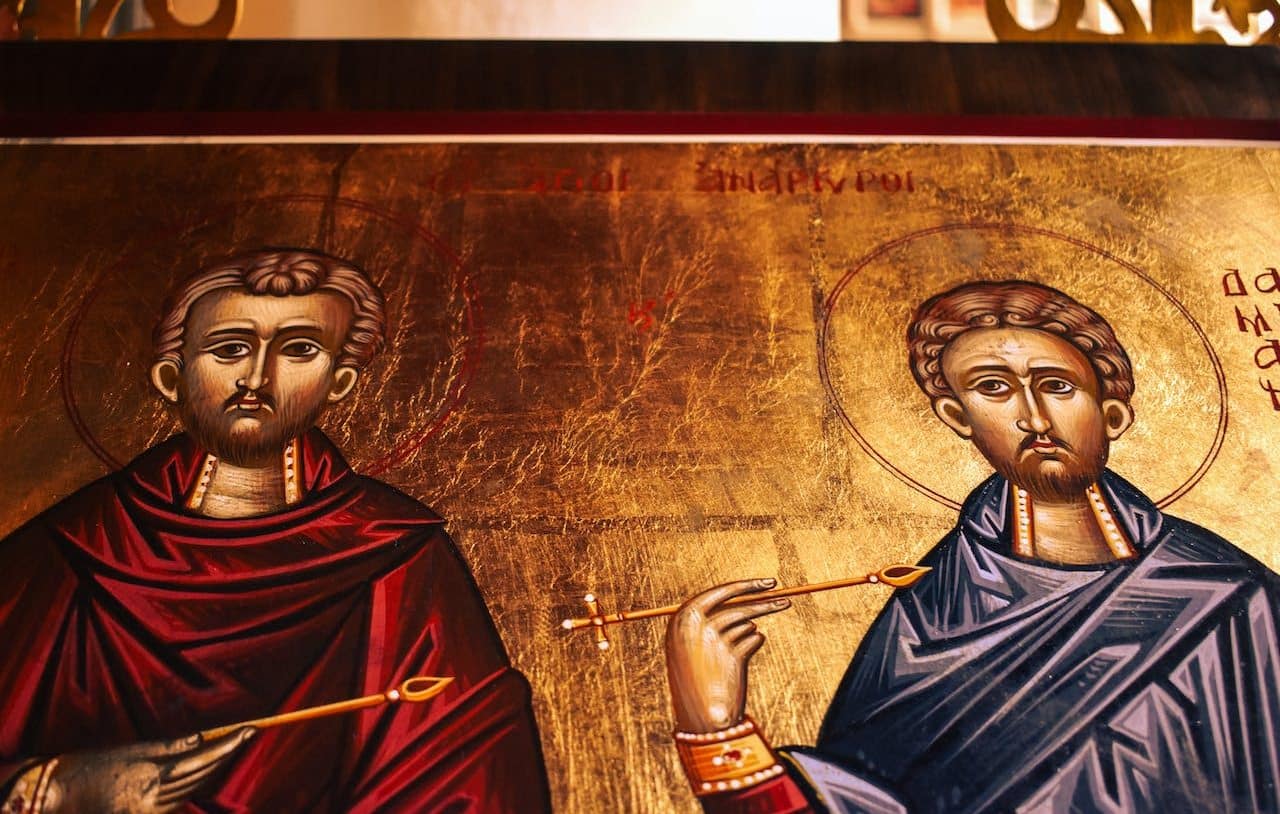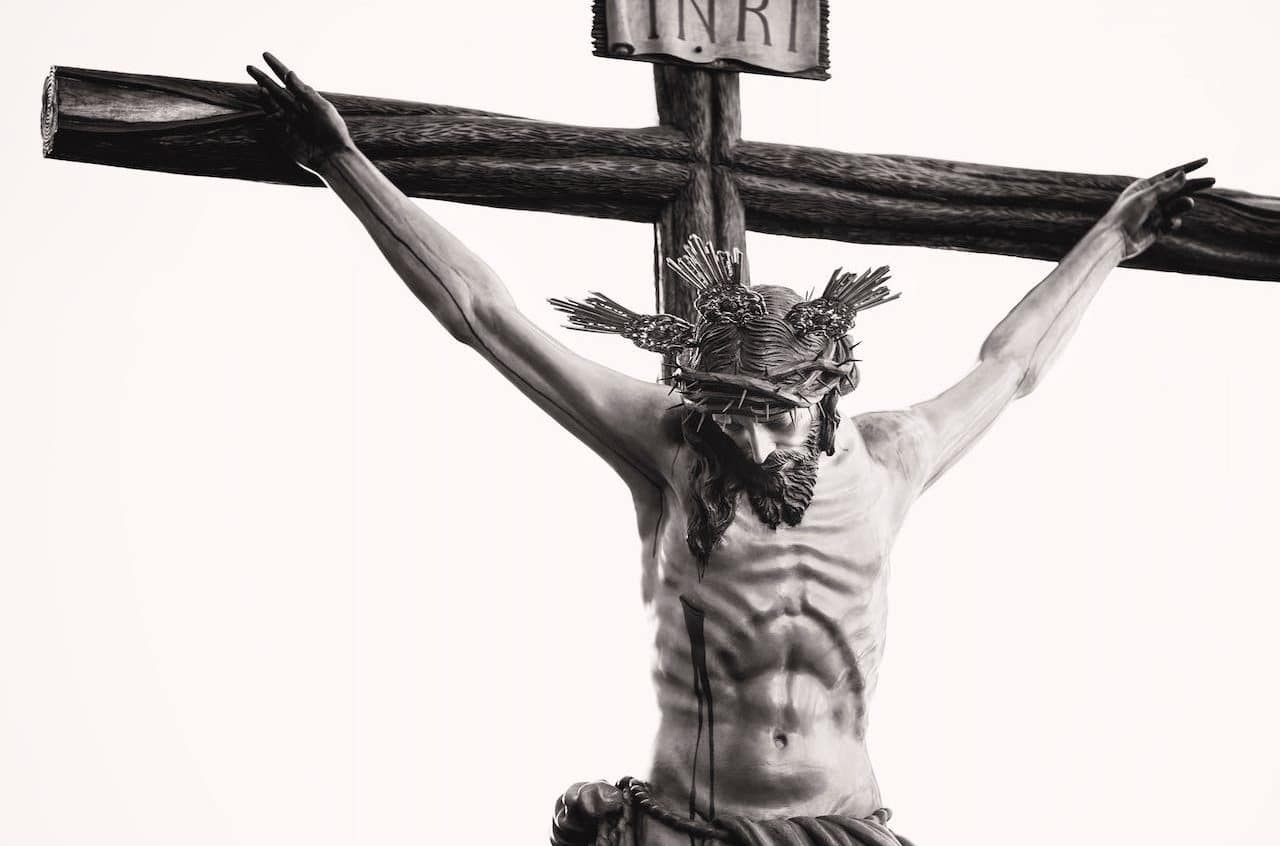
A prophet is someone who can anticipate a future event through a supernatural ability or divine intervention.
Prophet is a concept that comes from propheta , a Latin term, although its etymological root is found in the Greek language . The notion is used to name someone who is capable of making a prophecy (that is, of anticipating a future event based on divine grace or through some type of supernatural ability ).
For example: "In those years, a prophet came to town and surprised the inhabitants with his ability to know the future" , "This man presents himself as a prophet but, for me, he is nothing more than a trickster" , "God "It has had many prophets throughout history."
Prophets in religion
In the field of religion , the individual who can mediate between God and human beings thanks to direct contact with divinity is known as a prophet. Prophets generally maintain that God communicates revelations to them that they must pass on to the people. A prophet, therefore, is a messenger of God .
Religions generally have several prophets. In Catholicism, Jesus is the most important prophet. Jesus is also mentioned as a prophet by Islam. Samuel , John the Baptist and Moses are other prophets according to some religions.
There are religious groups that have contemporary prophets. Mormons believe that prophets are individuals summoned by God and endowed through the priesthood. The presidents of the Church of Jesus Christ of Latter-day Saints , in fact, are considered prophets.
Beyond religion, a prophet is usually described as someone who interprets indications or signs to predict future events or someone who, through his activity or work, manages to start a path that is then followed by others: «This art critic is the prophet who anticipated the rise of existentialism" , "Prophet in his land, Joseph Markalli managed to impose this genre throughout the nation" .

Jesus is the most important prophet according to Catholicism.
The figure of Nostradamus
When talking about prophets, it is impossible to ignore the name of Nostradamus , an astrological consultant and doctor from France who lived in the 16th century and made impressive predictions. He was the author of a work titled "The true astrological centuries and prophecies" , which was published in 1555 for the first time. This book attracted the attention of many people, especially because of the mysterious nature of its writing .
The most fervent admirers of Nostradamus affirm without hesitation that this prophet predicted each and every one of the catastrophes between his era and the year 3797 , at which time the existence of the world will supposedly cease. On the other hand, Nostradamus worked with the French aristocracy in the development of horoscopes for royalty, a time in which he surprisingly anticipated the death of King Henry II . He also took care of the medical care of the court of Charles IX .
It is worth mentioning that Nostradamus' detractors claim that the coincidences between his predictions and catastrophes only take place thanks to the manipulation of certain translators, who do everything possible to twist the original text to agree with the prophet.
The term prophet in proverbs
The proverbial phrase (generally known as a saying) "no one is a prophet in his own land" is frequently used in our language and, although not many people know it, it is a saying that has its origin in the Bible , more precisely in Saint Luke 4 , 24.
Its use serves to describe the situation of a person who could not achieve success or notoriety in their homeland, but had to travel abroad to achieve it, probably because they did not receive the necessary attention or means, or because they did not having been able to overcome the effects of the envy that his virtues aroused in his enemies.
